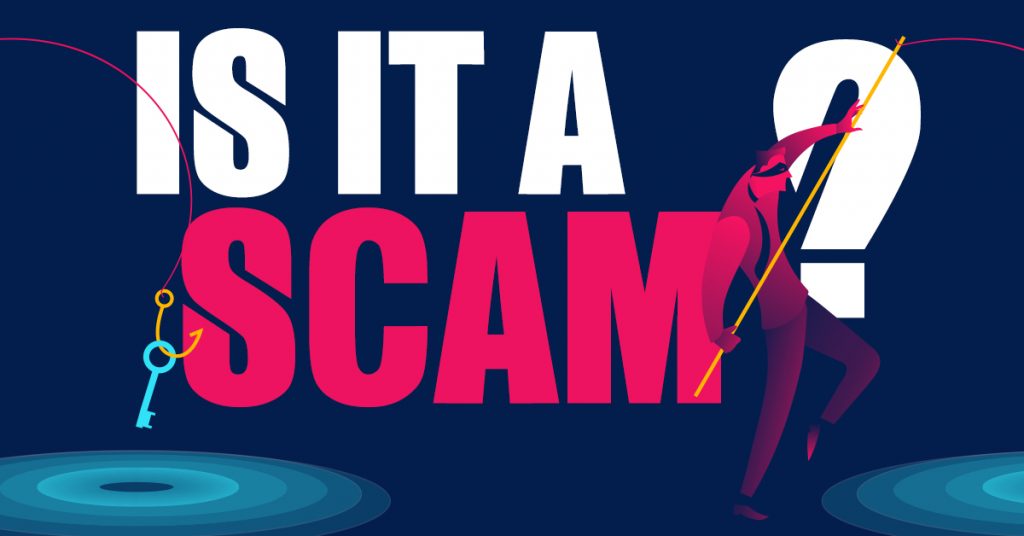There’s an interesting phenomenon I’ve noticed with my email list: ✅
While the vast majority of people who fill out the application are pretty thorough and open with their answers…💬
About 10% of the applicants are really “guarded.”
Generally, when it comes to the most guarded folks…
It also seems to be directly correlated with their previous level of awareness about who I am.
In other words…
I typically get pretty lengthy, in-depth replies to my answers…
Because these people have seen posts from me previously and know what I’m all about.
Conversely, though…
When someone says they found me through a random Google search…
The answers I get in their applications are usually much shorter and terser.
And really, it’s not surprising that it would be this way…
Because a good rule of thumb is that the less awareness a consumer has about your product or brand…
The more guarded and skeptical they’re going to be.
Or, to put it another way…
The “colder” your prospect is…
And that’s okay.
In fact, it’s normal…
And it’s your job as a communicator to show them that the answer is no…
While getting them to open up to new possibilities.
For my blog, I do this primarily through Emotional Response…
I get personal and authentic as often as I can…
Pummel people with value…
And develop a real relationship with my readers…
Until before long, they feel like they actually know me (and honestly, if you read these articles regularly, then you really do know me).
And, when it comes to Direct Response marketing…
Getting the consumer to “open up” follows a similar pattern.
But you do it in a slightly different way:
You acknowledge the prospect's skepticism early on and empathize with it…
You hit them with lots of social proof (ie. testimonials)…
Then, in addition to all of that…
For Direct Response, you also present your prospect with a killer unique mechanism (UM)…
And specifically…
You share the UM behind why they’ve failed in the past…
Along with the UM behind how your solution will help them succeed in the future.
So, at its core…
The role of the unique mechanism is to serve as a skepticism buster…
Because if you can:
1. Get your prospect to accept that there is a previously unknown reason why they’ve failed to solve their pain point previously…
2. Demonstrate how your product/service effectively addresses this newly discovered reason…
It’s much, much easier to get the prospect to buy what you’re selling.
Hopefully it makes sense why this would be the case.
You’ve taken the prospect from thinking, “is this a scam?”…
To thinking, “maybe this really could be the answer I’ve been searching for”…
And that’s an entirely different state of mind.
– SPG
P.S. This post originally came from an email I sent to my private list. If you want to see more stuff like this from me, you can apply to join my list using this link.
